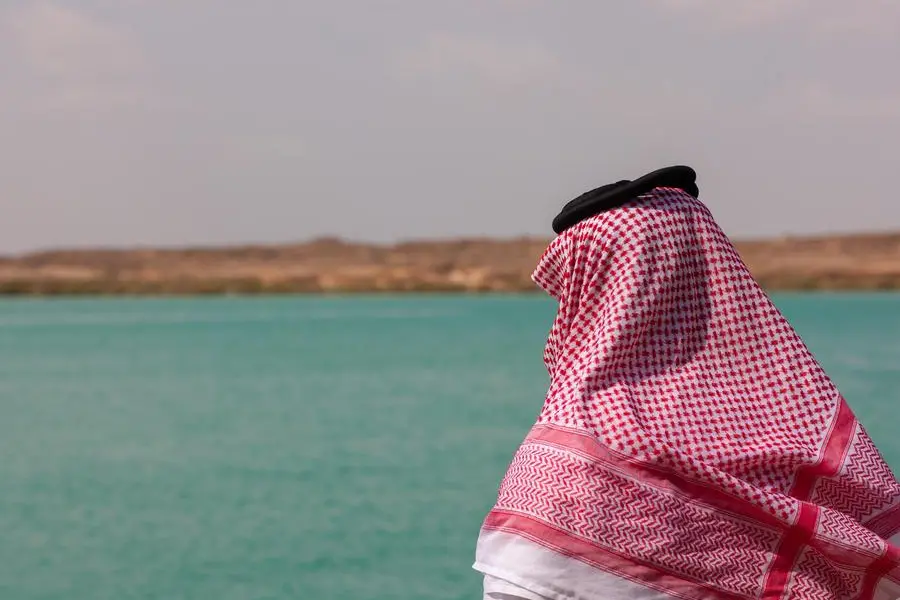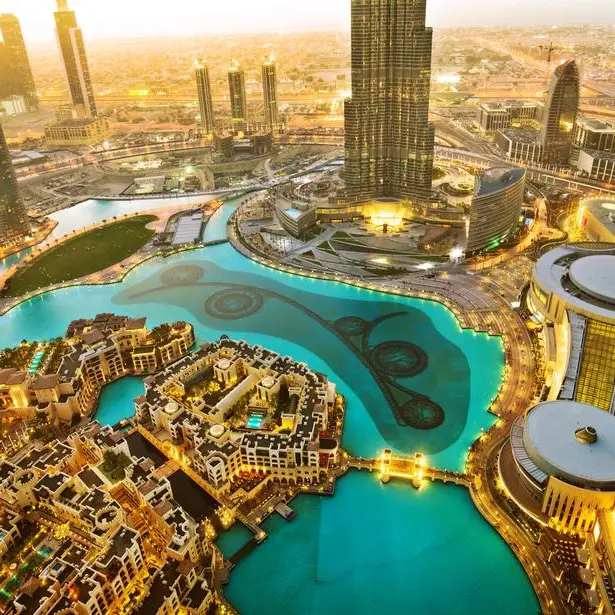PHOTO
Riyadh: The Saudi Red Sea Authority (SRSA) has made significant progress in building and organizing a thriving coastal tourism sector by establishing regulations, rules, procedures, and technical codes based on best international standards and specifications that meet the regulatory and technical requirements essential for the prosperity of coastal tourism, according to a press release.
This effort supports the necessary infrastructure, preserves and protects the marine environment, and attracts investment for navigational and marine tourism activities. As a result, the Red Sea is positioned to become one of the premier destinations for coastal tourism, aligning with the objectives of the Kingdom of Saudi Arabia's Vision 2030.
The regulations issued by SRSA create broad investment opportunities for the coastal tourism sector in the Red Sea and open doors to a pioneering future in coastal tourism. These regulations aim to achieve the highest standards in organizing navigational and marine tourism activities, contributing to the diversification of the national economy, the preservation of natural resources, and the protection and sustainability of the marine environment for future generations.
The eight regulations issued by SRSA, the first of their kind in the Kingdom, aim to regulate coastal tourism activities in the Red Sea in cooperation with relevant entities. These regulations, along with the licenses and permits issued accordingly, serve as regulatory tools that stimulate investment by providing a strong and secure legislative environment with low risks and high potential returns. This framework is designed to achieve the highest standards of safety and security for practitioners, investors, and beneficiaries.
These regulations include Cruise Ships, Visiting Private Yachts, Marine Tour Operators, Marine Tourism Watercraft Classification, Maritime Tourism Agents, Large Yacht Chartering, Marina Design and Operations, and the Saudi Yachts Regulation.
SRSA worked diligently to prepare these regulations in coordination with relevant entities, organizing navigational activities for cruise ships and yachts of all kinds while issuing the necessary licenses and permits. This collaboration enables practitioners to promote coastal tourism in the Red Sea and supports economic development and environmental sustainability.
In another important first step of its kind in the Kingdom, SRSA has issued four technical codes aimed at developing coastal tourism infrastructure adhering to the highest international standards and specifications. They include the codes for Marina Planning and Design, Cruise Terminal Planning and Design, Marina Operations, and Cruise Terminal Operations.
The codes issued in collaboration with relevant entities serve as reference documents for designing, planning, and operating cruise terminals and marinas. They provide a modern framework for organizing coastal tourism, unifying technical standards and requirements while fostering the growth of navigational and marine tourism activities. These efforts enhance the Red Sea's status as an attractive global tourist destination.
Through effective governance, SRSA aimed to create a favorable investment environment for establishing and operating marinas and enhancing yacht sector activities. This includes encouraging investment, attracting maritime tourism agents to offer marine tourism services, and providing a strong legislative framework that ensures protection, diversity, and healthy competition among activities. SRSA is committed to applying the highest international standards to guarantee the security and safety of tourists, investors, and the marine environment.
In light of Saudi Vision 2030 and its objectives, SRSA is leading efforts with relevant entities to develop the coastal tourism sector and establish an effective legislative system that promotes navigational and marine tourism activities. This initiative acknowledges the Red Sea's importance within the Kingdom's geographical scope and supports the national effort to diversify the economy, raise the GDP, and promote sustainable development.





















